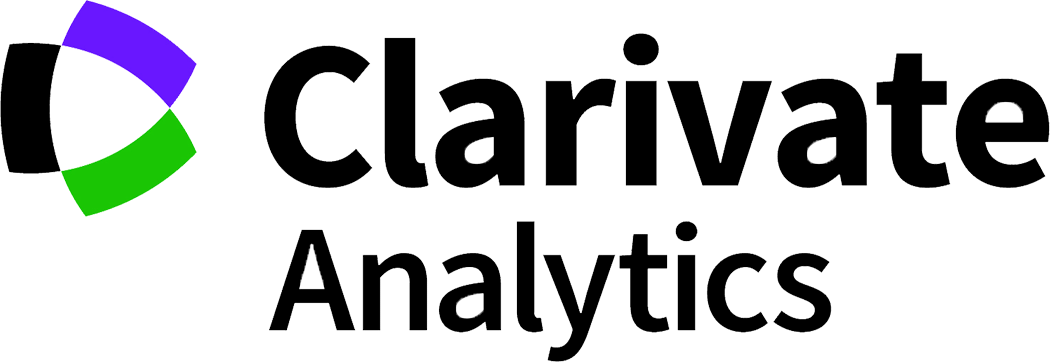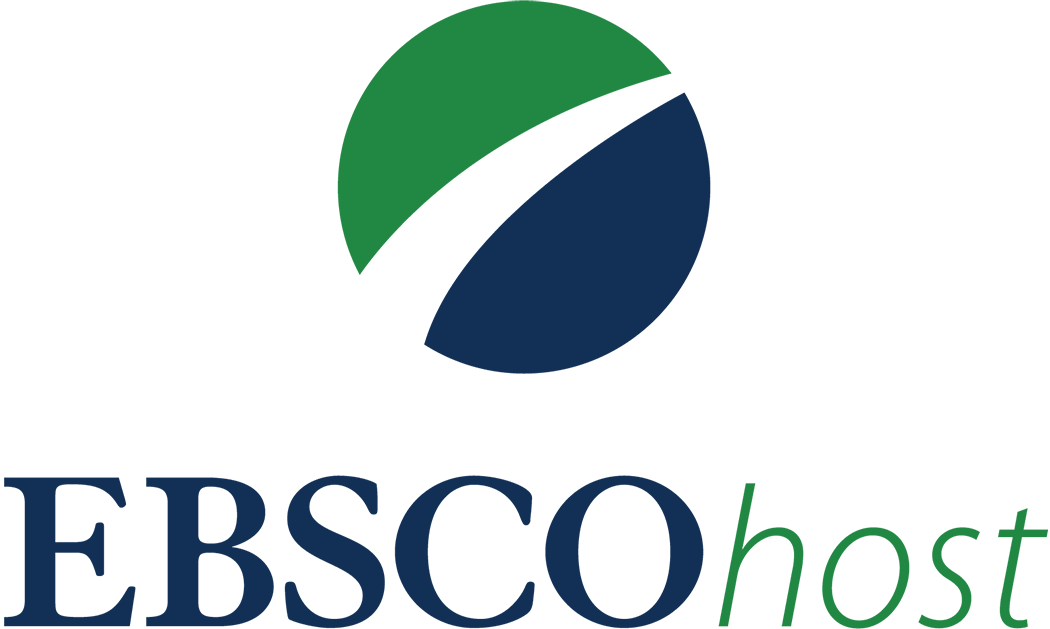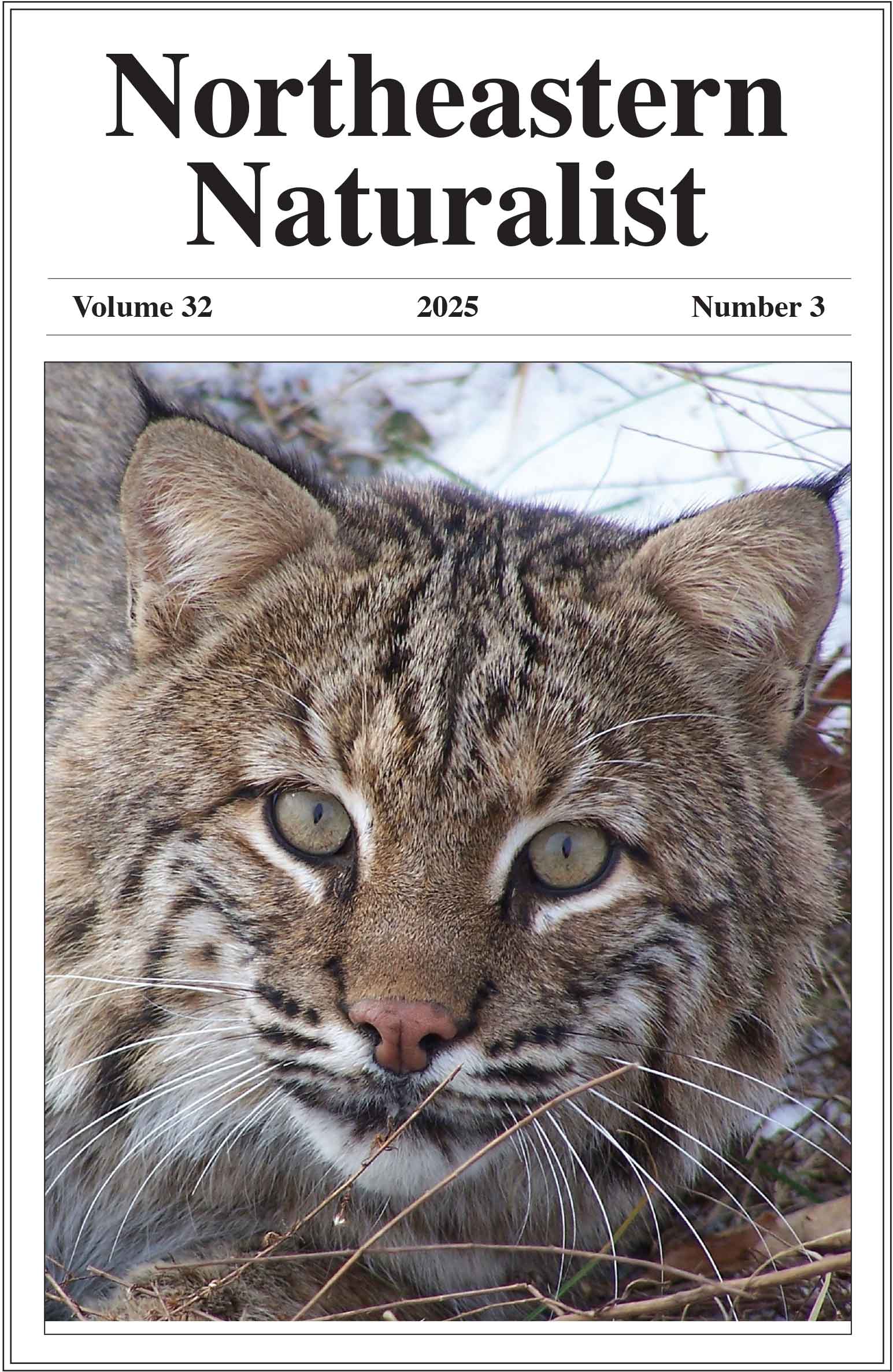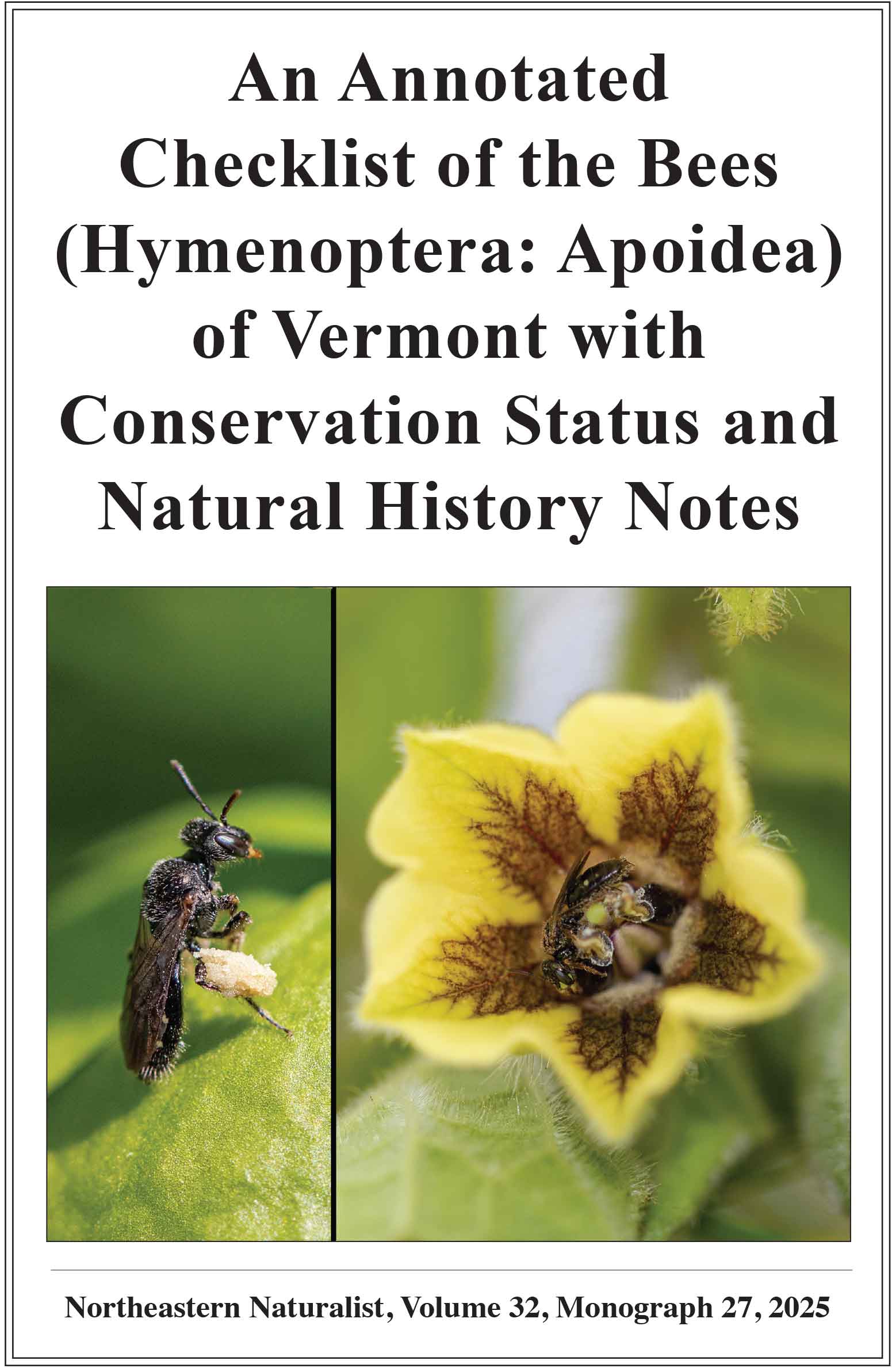High-frequency Data for Temperature and Oxygen Reveal the Potential for Stressful Conditions for Fish in a Southern New England Impoundment
Coleman Macuch1 and Jennifer L. Klug1,*
1Biology Department, Fairfield University, Fairfield, CT 06824. *Corresponding author.
Northeastern Naturalist, Volume 27, Issue 3 (2020): 520–533
Abstract
Fishes have specific dissolved oxygen and water temperature requirements needed to promote optimal growth. Ongoing anthropogenic climate change will lead to increased water temperature and likely changes in dissolved oxygen concentrations that will affect fish populations in a variety of ways. This study uses high-frequency, automated sensor data from 2011–2015 to examine dissolved oxygen and water temperature in Lake Lillinonah, a hydroelectric impoundment in western Connecticut, to identify potentially stressful conditions for Esox lucius (Northern Pike [NP]) and Micropterus salmoides (Largemouth Bass [LMB]). We found that summer water temperature was nearly always in an optimal range for LMB growth, but was frequently in the stressful range for NP growth. In addition, in some years, Lake Lillinonah experienced consistent hypoxia, reducing the thermal refuge available for NP. Long-term data from Lake Lillinonah show an increase in mean July surface water temperature, and further temperature increases are expected as the climate continues to warm. This trend, coupled with a potential reduction in thermal refuge due to hypoxia, poses serious consequences for NP, given that current conditions frequently exceed documented optimal growth range for the species.
![]() Download Full-text pdf (Accessible only to subscribers. To subscribe click here.)
Download Full-text pdf (Accessible only to subscribers. To subscribe click here.)
Access Journal Content
Open access browsing of table of contents and abstract pages. Full text pdfs available for download for subscribers.
Issue-in-Progress: Vol. 32(4) ... early view
Check out NENA's latest monograph and Special Issue:













 The Northeastern Naturalist is a peer-reviewed journal that covers all aspects of natural history within northeastern North America. We welcome research articles, summary review papers, and observational notes.
The Northeastern Naturalist is a peer-reviewed journal that covers all aspects of natural history within northeastern North America. We welcome research articles, summary review papers, and observational notes.